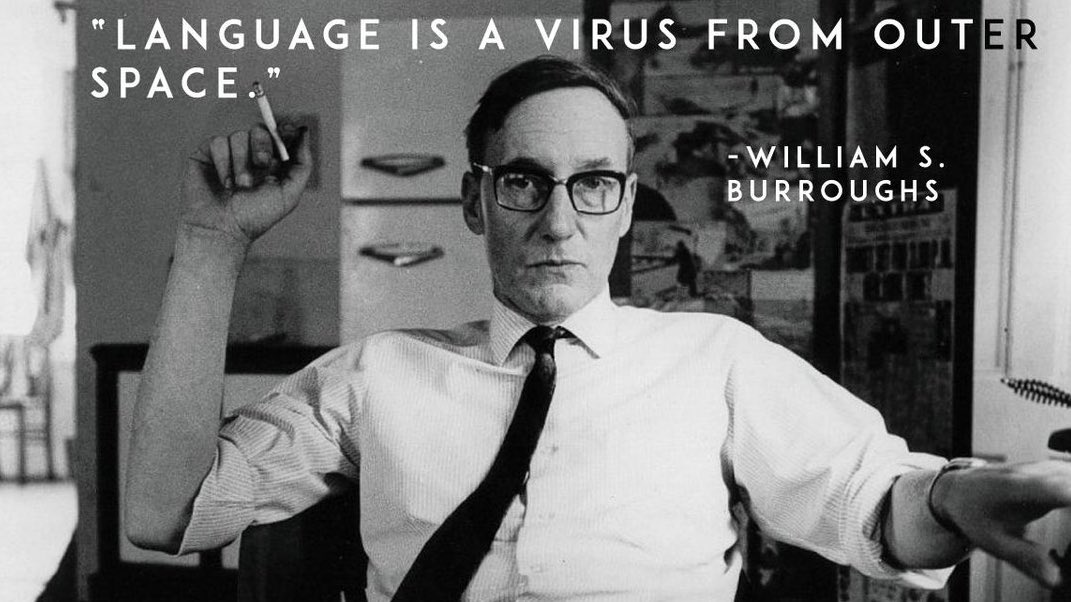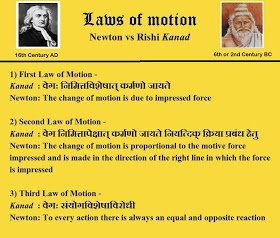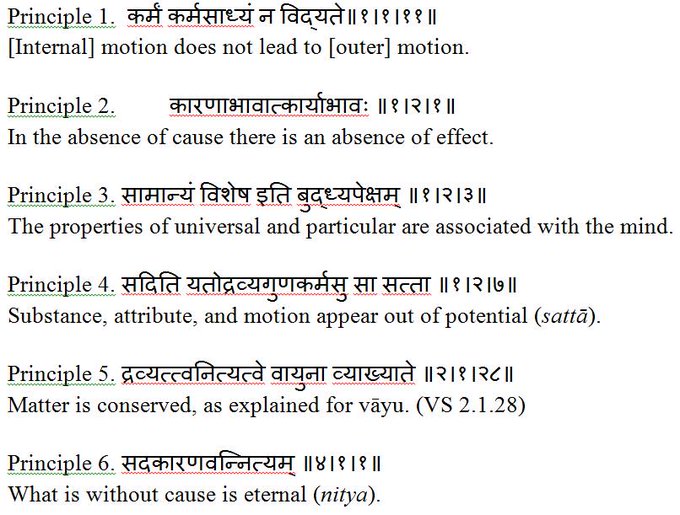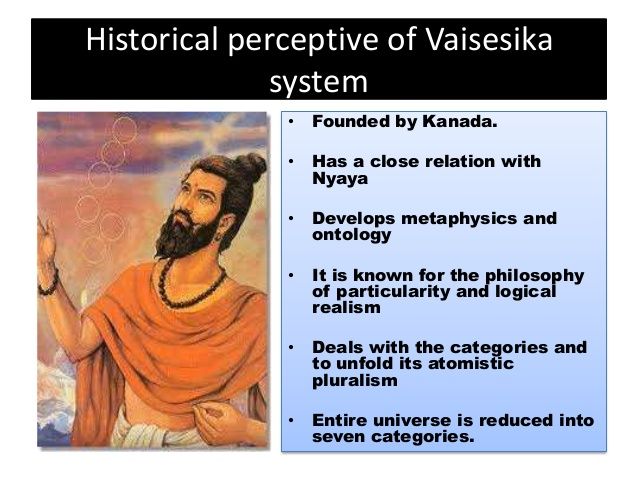2020... what a year.
I just put the finishing touches on my Annual Review.
Here are 30 lessons I learned about myself and the world across five areas:
• Health
• Wealth
• Relationships
• Online creativity
• Personal operations
🧵👇🏼
1. Health starts with removal, not addition.
This year I officially hit 100 lbs lost. And looking back, it wasn't what I started doing, but what I stopped doing that got me there.
Fewer carbs, fewer beers, fewer hours sitting, these things add up.
The most "disciplined" people actually are the most undisciplined.
But they recognize and accept this.
So they set up constraints that prevent them from having to rely on self-control and willpower.
If you can't sit comfortably alone with the voice in your head, no amount of "success" will change that.
12 weeks alone in NYC during peak-COVID forced me to learn this lesson.
The times I felt best: eating healthily and reading philosophy.
The times I felt worst: eating horribly and doom scrolling.
This is the closest thing you can get to primal living in the modern world.
Start the day with a walk and watch your energy, mood, and creativity soar.
These will be different for everyone.
But start looking for the fundamentals of what makes you feel good.
Then find a way to do them every day.
7. Everything changes when you stop trying to save and start trying to earn.
My goals to start 2020 all started with "save X every month."
But you can only take expenses so low.
Which has higher ROI? An hour spent budgeting or an hour spent learning copywriting?
If you view money, opportunity, or success as scarce, it will avoid you.
The world, especially the internet-enabled world, is full of opportunity.
Set aside X amount of money that you will invest in these three areas every month.
Your health, time, and energy are assets with high ROI.
Your cash flow will dominate your net worth gains in your early years.
This one deserves a longer post, but the last place to be with your money when you're young is in cash.
The S&P 500 bottomed the day there was a five-block line outside of Trader Joes in NYC.
And people have been calling for a top ever since, but it can and will keep going.
12. Thoughtfully invest in communities to form strong relationships.
Online communities are like a curated resource for like-minded people.
The price of entry is peanuts to the long-term benefits of the relationships you will form.
You can meet anyone in the world online.
But you have to put yourself out there and start sharing your ideas and worldview.
As I shared more online, I begin to meet incredible people. I set a simple goal to meet one new person every week, but most weeks I ended up with more.
Now, these people are some of my best friends.
I can't wait to enjoy dinners with my closest friends again.
Especially with how many smart people I've met this year, those conversations are going to be epic.
@david_perell introduced me to this idea and now I think about it every day.
Find the 10 people that push you forward, make you more creative, work in different domains, and see the world with a unique lens.
Then, double down on them.
17. Writing online is the highest leverage habit in human history.
I can trace everything good that happened to me this year back to writing.
But writing and *publishing online* brought the most amount of good.
I spent months inconsistently sharing into the void.
It was only when I committed to tweeting every day, writing four threads every week, and producing consistently that things accelerated.
I got the chance to meet and interact with many people who were ~a year or two ahead of me.
The most valuable question I asked: what do you wish you knew a year ago?
In the beginning, you need to share way more ideas than you feel comfortable sharing.
Make noise, and listen for signal from both yourself and others.
In the age of capturing attention, the ability to create media assets is more valuable than coding.
My prediction is we will see "content creator" boot camps similar to coding bootcamps in the next few years.
Humans cannot comprehend exponential growth in real-time.
Going from 150 to 300 followers is not +150, it's +100%.
Focus on your doubling time. If it's constant, you're growing exponentially.
If it's accelerating: look out.
The closest thing you get is the turn of a New Year.
That's when I started writing my newsletter, one year ago.
But I wish I started six months before that, before I felt "ready."
24. Become obsessed with finding leverage and efficiency.
The first principles of my productivity are leverage and efficiency.
I want to store my time finite time and energy into infinite assets.
With everything else, I want to be ruthlessly efficient.
Looking back at my goals for 2020 made me laugh.
It's impossible to see one year into the future.
So this year, I'm focusing on 12-week goals and systems.
Much is made about mental models and cognitive biases.
But applying them isn't easy. In looking back at my decisions, the most-common bias is sunk costs bias.
So now I look for it everywhere.
Ask "why" more often with any of your systems, goals, or habits.
Throughout the year I found myself doing things week after week that were inefficient, but never stopped to ask why.
This was the best framework I learned in 2021 (h/t @shaanpuri)
• Know where you are (brutal honesty.)
• Know where you want to be (long-term visioning.)
• Know the next step you need to take (immediate clarity.)
Action, not planning, creates clarity.
I took on a lot this year.
I produced most consistently when I invested in creating systems and designing my environment to reduce friction.
The smoother my systems, the faster I could ship.
This is a reminder to myself.
So I'm reflecting on one question to end 2020: what if I took every goal I'm about to set and 10x'd it? Would that change how I spend my time, energy, and attention?
Every week I share thoughts and links on the growth of people, businesses, and systems.
Join 1,718 others 👇🏽
https://t.co/0z11pkbZp3
2020... what a year.
— Dickie Bush \U0001f4ca (@dickiebush) December 30, 2020
I just put the finishing touches on my Annual Review.
Here are 30 lessons I learned about myself and the world across five areas:
\u2022\xa0Health
\u2022\xa0Wealth
\u2022 Relationships
\u2022\xa0Online creativity
\u2022\xa0Personal operations
\U0001f9f5\U0001f447\U0001f3fc
More from Dickie Bush 📊
In Atomic Habits, James lays out the Four Laws of Behavior Change.
1. Make it obvious
2. Make it attractive
3. Make it easy
4. Make it satisfying
Here's how to leverage them to build a daily writing habit (🧵✍🏼):
Habits are made up of a four-part feedback loop:
1. Cue
2. Craving
3. Response
4. Reward
Building a habit means intentionally designing each part of this feedback loop.
1. Make it obvious
2. Make it attractive
3. Make it easy
4. Make it
The Habit Loop
— James Clear (@JamesClear) November 5, 2018
To better understand how a habit works and how to improve it, let's divide a habit into four stages.
1. Cue
2. Craving
3. Response
4. Reward
These four stages create a feedback loop. Your mind is endlessly running this loop and learning from its experiences. pic.twitter.com/sURCbTPp3N
Before you start to build a writing habit, it's important to understand the real goal.
Your goal isn't to start writing.
Your goal is to become a writer.
Why the subtle difference?
Because behavior change is identity change.
We don't stick to habits that aren't aligned with our identity.
Luckily, habits that align with your identity are easy to stick to.
Every action you take is a vote for the type of person you want to become.
So to become a writer, we have to consistently cast "writer votes."
Step 1: Make it obvious
Time and location are the most important habit cues.
You MUST leverage them to build your writing habit.
Every great writer has their sacred hours.
This thread can help you find
Sacred Hours...
— Dickie Bush \U0001f6a2 (@dickiebush) December 2, 2020
A life-changing concept.
What are they and how to find yours: (thread) pic.twitter.com/AHSMqwtTb0
Writing effectively.
But colleges charge you 120k and still do a terrible job teaching it.
Instead, here are 9 writing frameworks that cost you nothing and will save you hundreds of hours:
1. Start with building your writing habit by leveraging @jamesclear's Four Laws of Behavior
Atomic Habits from @jamesclear changed my life.
— Dickie Bush \U0001f6a2 (@dickiebush) March 10, 2021
In Atomic Habits, James lays out the Four Laws of Behavior Change.
1. Make it obvious
2. Make it attractive
3. Make it easy
4. Make it satisfying
Here's how to leverage them to build a daily writing habit (\U0001f9f5\u270d\U0001f3fc):
2. With your writing habit down, study these 10 tips from the world's most legendary marketer: David Ogilvy.
One of the most legendary marketers of all time: David Ogilvy
— Dickie Bush \U0001f6a2 (@dickiebush) June 2, 2021
In 1982, David wrote an internal memo to the employees of his advertising agency titled "How to write."
And in just 10 bullets he put together a masterclass in effective writing.
Here's a breakdown of each one: pic.twitter.com/MxRYuQRLyA
3. Then, immerse yourself in the takeaways from the bible on business
Business writing is a superpower.
— Dickie Bush \U0001f6a2 (@dickiebush) June 8, 2021
But schools and employers do a horrible job teaching people to write.
In 1981, two advertising executives wrote a timeless guide for how to write in the business world.
And here are 12 of their tips you should staple to your desktop: pic.twitter.com/w0hh0qBOG4
4. Like to learn on the go?
Dive into the creative process of the world's best writers in these 10 episodes of the @timferriss show.
I've listened to every episode of the @tferriss show.
— Dickie Bush \U0001f6a2 (@dickiebush) March 3, 2021
And some of my favorites are when Tim interviews prolific writers, diving into their creative process to improve his own.
If you are looking to build a writing habit, these 10 episodes are a must-listen:
\u270d\U0001f3fc\U0001f3a7\U0001f447\U0001f3fc
More from Life
At the darkest days of the abuse I was being subjected to I decided to attend a conference for women in Los Angeles. I convinced my mother in law to pay for it because I couldn’t afford it. @ChristineCaine was preaching. I was desperate...
1/
There are many reasons why the unfolding news of Ravi Zacharias\u2019 abuse is enraging. But for me, there\u2019s one other piece. The women he chose to abuse were young, massage therapists, ethnic minorities, likely women who were not in positions of power or education.
— Devi Abraham (@devi_writes) February 12, 2021
I wanted to die, I didn’t see a way out and I had tried everything. I imagined many ways to die daily. The most recurring one was throwing my car down a bridge I had to drive over every day. I never did it because my kids were in the car and I was afraid one of them would...
2/
survive or I’d kill someone on the way down.
Christine spoke about honoring your pastors even when they weren’t great, she spoke of us expecting too much of pastors and how wrong that was. She said God would use our testimony if we submitted to our pastors.
3/
She said “honor your pastors, God will honor you.” She said more about having disagreed with her pastors but she submitted and God honored her and now she’s blessed. How if they are faithfully serving God, we need to support them and not forfeit what God has for us.
4/
I felt my heart drop into my stomach. I got up and went to the bathroom because I couldn’t breath and I felt like I was going to faint if I didn’t scream. I now know I was having a panic attack. I sat on the toilet w/my head between my legs, breathed and wept..
5/























